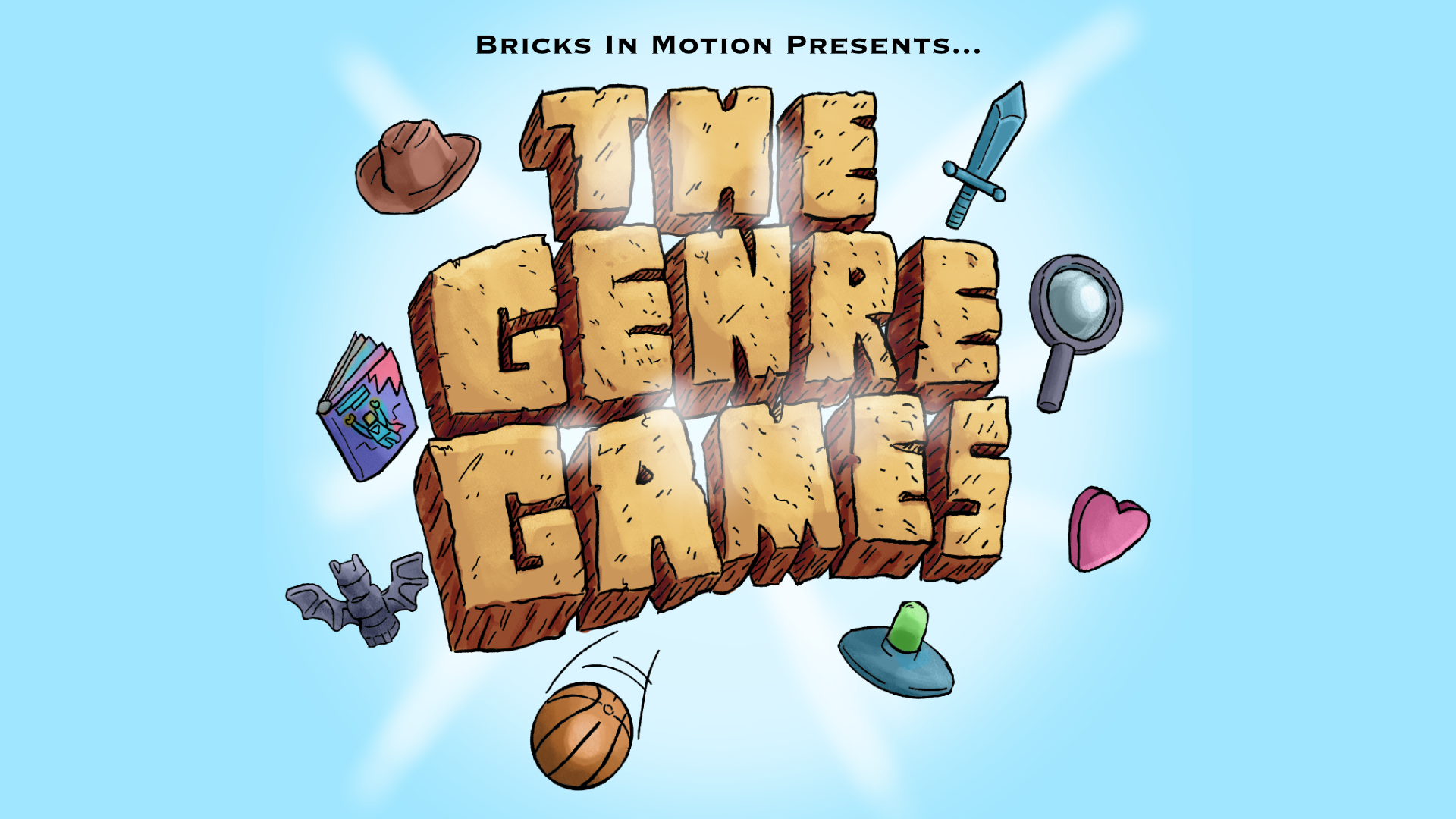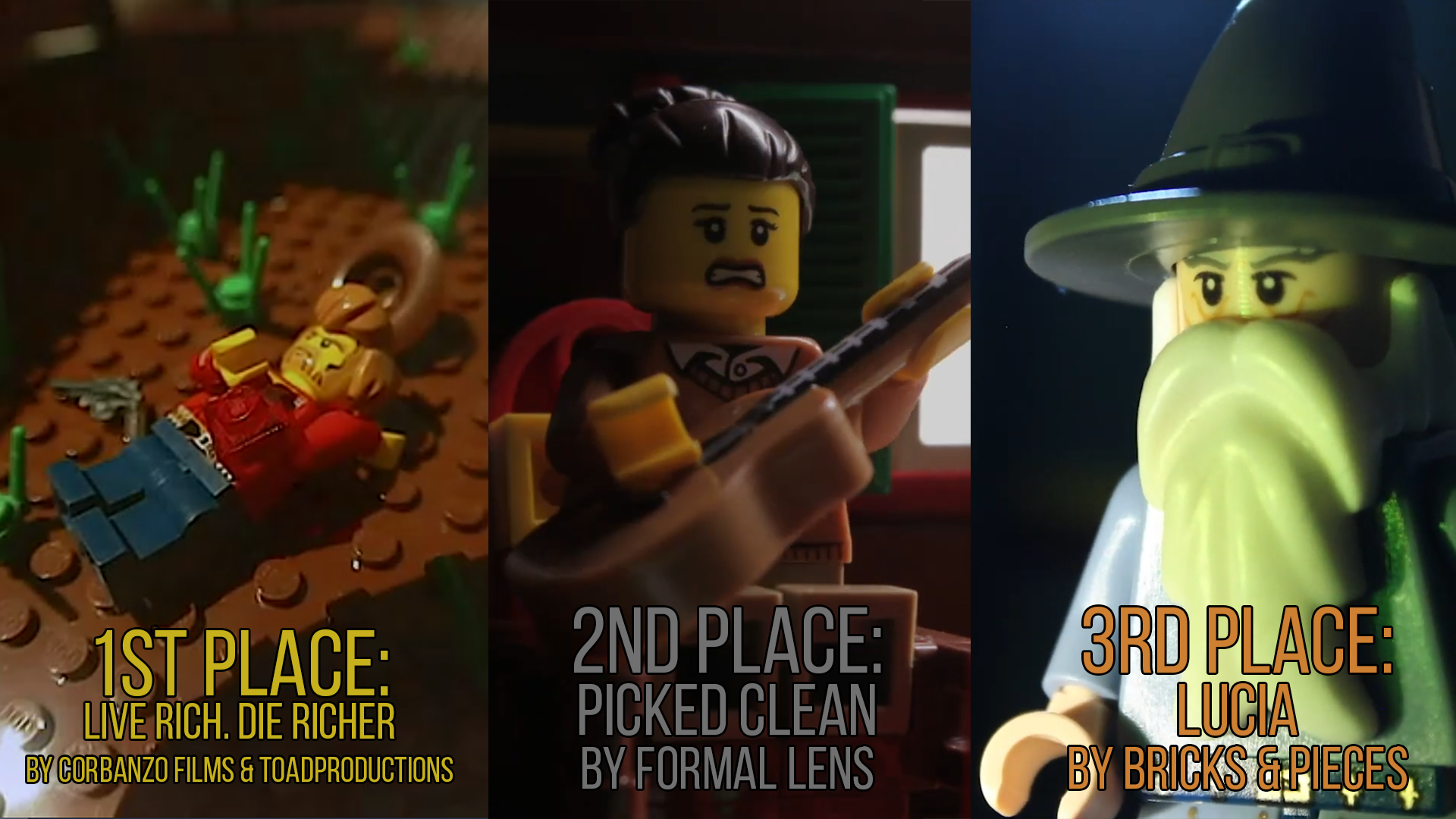MPfist0 wrote:I must say, I'm not sure what you mean by saying that Robota does not embrace it's technical limitations. It would seem to me that it is built on them instead, knows exactly what it can and cannot do. It's huge, it's ambitious, it's well done...
A wholeheartedly agree that it does try to build upon it's limitations. (all films must, unless they literally had an infinite budget) I'd also agree that Robota is huge, ambitious, and is executed very well.
MPfist0 wrote:it doesn't ignore [limitations], it sidesteps limitations, which is a wonderful thing most people can't even dream of being able to do.
Sidestepping limitations isn't as effective in filmmaking as embracing limitations is. When you 'work around' limitations, I feel that it's still ignoring the problem. If you don't have a lot of bricks for walls - and decide to shoot your film with a lot of close ups (just for example) that's not specifically a solution if the story doesn't match the situation. However, if you 'crafted' your story around a very emotional - and character driven focus, you'd justify using close ups...
Again, I feel that I'm approaching a very, very grey area in my approach to film-making, and, just as a viewer, what does and doesn't work for me. Robota works, but, seems to (not 'age,' per se, but rather...) fade with each viewing. It's still great, but, It's just not inspiring. And I love to watch inspiring things.
I like bad movies when I can learn from them, and I love good films when I can strive to obtain the greatness that they gave to me... I'm not talking about remaking Citizen Kane; I'm talking about making a film that, to me, would give off the same feelings that I alone had in my singular and specific reaction to that film.
MPfist0 wrote:I don't know about your 'guidelines to film making', but they seem to focus on what this movie is not rather than what it actually is.
It certainly does seem like that on the surface, as, I do often look at films from a sort of 'in between the lines' approach. However, whenever I have given brickfilms the same guidelines as I give to feature films, I often find that they can hold up. (and, both can fail as well)
It's sort of a sixth sense feeling, I guess. When I talk about an emotional connection, or even story investment (to a small degree) - Robota falls short, for me. However, that's not to say that it's bad...
MPfist0 wrote:How great would've been if Chaplin shot his movies in color and have 5.1 surround sound, shot in 4K and had the technology we have today for special effects?... This is "missing the point".
This is where I think that everyone is misunderstanding me... I think that every film has it's best suited formatting. The Chaplin films are best without sound, and in black and white, and on film because they just are. Would "The Tramp" work in a modern setting - no. It has to be done in the style that it was done in... And I'm not talking about historical limitations at all. I'm saying that, if someone decided to make a short with Chaplin's "The Tramp" character today, they should do it just like it was done. Not for continuity, but just because it works best there.
Inception, on the other hand, would have failed in 1920's film. Even if it was in color, and was still in Imax (and somehow transcended through time) It would simply be too different. In a world of silent pictures, something achieving too well would be, in my opinion, a burden, ironically enough.
To put it more simply - Some directors will always shoot all of their films for their entire career in 16:9 or 4:3 or 1.85:1. And (in a modern sense, I'm talking) I don't like them. There shouldn't be just one aspect ratio, or approach, to filmmaking. Each film should be different, and, hopefully, be done in the best way possible. I'm doing my Sliders The Animated Series in 4:3, will do Johnny Thunder in black and white and 1.37:1, and will do Alpha Team in 2.35:1. I don't care if the bouncing letterboxing would look ackward on a collection DVD... If it's best for the individual film, then, don't go against the grain.
I feel that, especially since Marc Beurteaux has been involved in 'professional' TV and shorts, he could have shot Robota differently. If he couldn't have, perhaps he should have taken a bit more time to polish it up, and perhaps, even re-shoot a scene or two. Perhaps I'm wrong... perhaps he couldn't do that, or even, perhaps he purposely shot it that way to make it 'seemingly' mix in a bit better with the other few brickfilms online around that time... And, if that is the case, then I must be just missing the point with his original intentions.
But, that's why I have the thoughts that I do on Robota. - If I am interpreting it wrong, then so be it. That's why there's the disconnect. That's why, while others think I'm being too nit-picky, I'm actually just trying to comprehend why I don't much care for a film that, deep down, I do admire and love. That's just the best way that I can explain it...
MPfist0 wrote:As for me, to put it simply, it's a brickfilm of uncommon proportions. There's much to be learnt from it... brickfilms... should be made for the rest of the world too.
I agree. Robota is uncommon, and original. While I didn't really find anything that I could 'learn' from it, exactly, I do think that brickfilms (in their own way) should be respected just how hollywood films are respected, if not more. I find Doug Vandegrift's Pirates, Zach Macias' Hypothetical Possibilities, and Philip Heinrich's Unrenewable more enjoying than Jaws, Man of Steel, or even The Wizard of Oz. And, I feel that I'm not the only one.
If brickfilms can have that much of an impact on anyone, then, they should strive to do so. Robota doesn't top Atlantis: The Lost Empire in my opinion... Yet, something like Nathan Wells' Driven easily equals it in fun.
For what it's worth - While Robota just doesn't do it for me, I do hope it does for others. It's nice to see that a 10 minute brickfilm can spark a 30 minute conversation! That's certainly, in one way or another, the sort of impact that storytellers can only hope to achieve; Interest that outlasts the subject itself.















